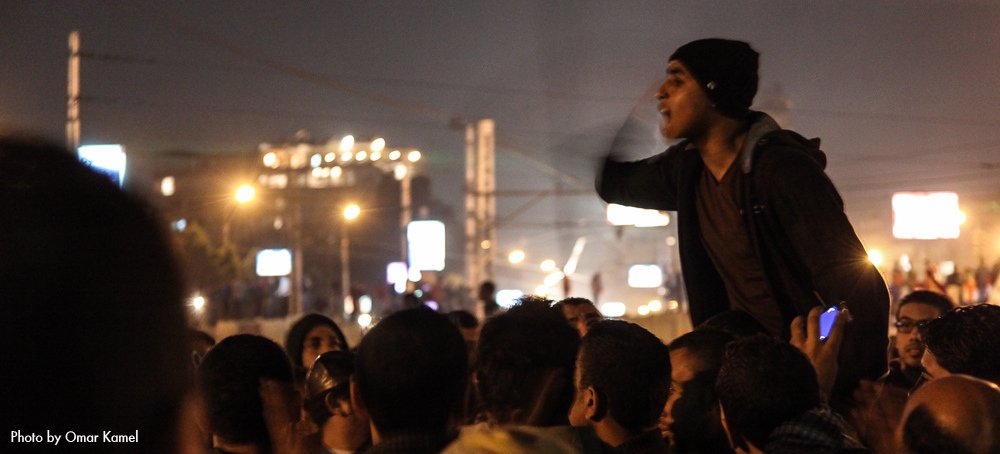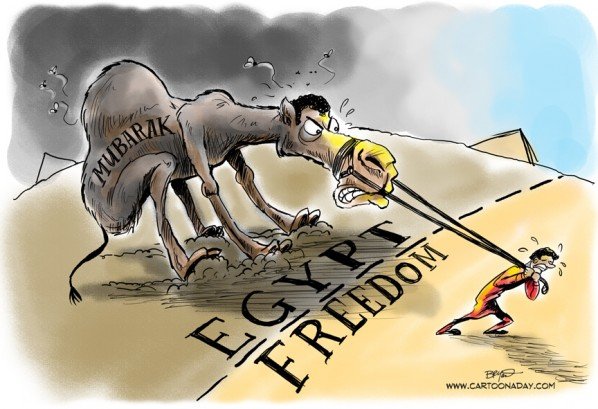As the ramifications of the Arab Spring fade away, we look at how Arabic hip-hop has evolved since that time. Sean O’Keefe, author of the once popular but now inactive blog Revolutionary Arab Rap, offers his perspectives on Arabic hip-hop music in terms of its history, development, media coverage, and …
Read More »Arab Media: From Decolonization to Arab Spring
Arab media has been a powerful tool in the hands of Arab states since the decolonization period. The Nasser regime used radio, television and print media to mobilize support for Egypt’s Non-Aligned and Pan-Arab foreign policy, and apply methods of mass media propaganda developed in Europe, establishing a model for …
Read More »POLICY REVIEW | After the Arab Uprisings: The Prospects for a Media that Serves the Public.
Managing Editor Sarah El-Shaarawi conducts an in depth review of BBC Media Action's policy breif After the Arab Uprisings: The prospects for a media that serves the public, examining the viability of their proposed recommendations for reforming Arab national broadcasters.
Read More »Social Media in Syria’s Uprising and Post-Revolution Libya: An Analysis of Activists’ and Blogger’s Online Engagement
Masudul Biswas and Carrie Sipes perform a comparative content analysis of Twitter and Facebook posts from a sample of Syrian and Libyan activist groups. By considering online content in the context of post-revolution Libya and the continuing upheaval in Syria, the authors shed new light on online activist agenda-setting. They find that while social media is used as a tool to maintain and expand momentum during revolution, in a post-revolution climate the same media serves as a venue for idea-sharing and political discourse.
Read More »Digital Activism: Efficacies and Burdens of Social Media for Civic Activism
In a comprehensive study of social media usage among social movement organizations in Lebanon, Jad Melki and Sarah Mallat investigate the efficacy of digital technology as a tool for activism. The authors find that while social media platforms offer a number of perceived benefits to activism work, there remain significant obstacles that manifest both on and offline.
Read More »Mubarak Framed! Humor and Political Activism before and during the Egyptian Revolution
In an entertaining and insightful read, Deepa Anagondahalli and Sahar Khamis delve into the world of Egyptian political humor, unpacking its historical roots and reflecting on its evolution from private banter to public resistance. Focusing on Mubarak’s presidency and subsequent ouster, the authors identify a stark shift from long narrative jokes, to the biting “weaponized” one-liners that emerged in his final days. Humor, they conclude, is a paradoxical yet powerful tool for activism, which despite more recent crackdowns has proven to be a relatively safe platform for dissent.
Read More » Arab Media & Society The Arab Media Hub
Arab Media & Society The Arab Media Hub






